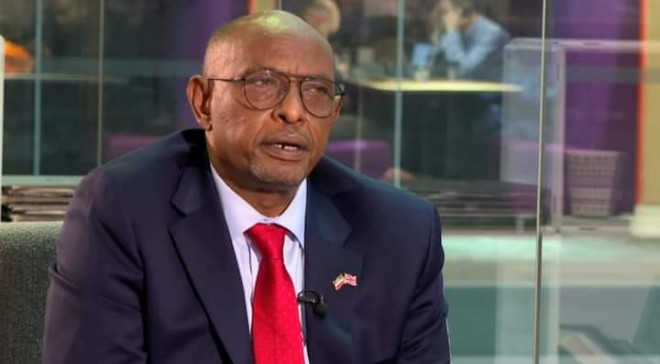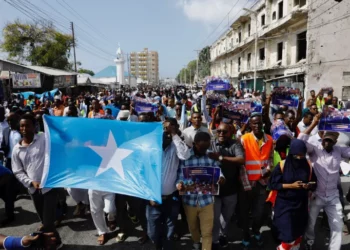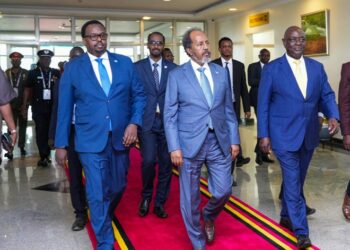Hargeisa, Somalia – The contentious agreement between Ethiopia and Somaliland, offering Ethiopia a 20-kilometer stretch of Somali land for naval and commercial purposes, hinges on one critical condition: official recognition of Somaliland by Addis Ababa. This stipulation adds a complex layer to the already controversial deal, challenging its implementation.
A Deal Stirring Regional Tensions
The agreement, which has ignited fury in Mogadishu and drawn international criticism, remains shrouded in secrecy, with neither party fully disclosing its terms. It proposes a significant exchange: a strategic coastal area for Ethiopia in return for the recognition of Somaliland, a region still seeking international legitimacy.
Recognition: The Core of Somaliland’s Ambition
In a recent interview, Somaliland’s Foreign Minister, Essa Kayd, underscored the importance of recognition for Somaliland’s self-determination. The deal with Ethiopia, he believes, could trigger a wave of recognition from other nations, altering the political landscape in the Horn of Africa.
Differing Interpretations and Diplomatic Stances
While Somaliland President Muse Bihi Abdi claims Ethiopia has agreed to a 50-year lease in exchange for recognition, Ethiopian authorities maintain a more cautious stance, committing only to assess Somaliland’s quest for recognition. This discrepancy has led a Western diplomat to label the agreement a “memorandum of misunderstanding.”
International Response and Somalia’s Reaction
Major global powers, including the US, UK, China, and Turkey, have distanced themselves from the deal, reaffirming support for Somalia’s federal government. In a significant diplomatic move, Somalia has recalled its ambassador to Ethiopia for consultations, signaling deepening rifts over the agreement.
Ethiopia’s Quest for Sea Access
The deal comes against the backdrop of Ethiopia’s landlocked status, a situation Prime Minister Abiy Ahmed has referred to as a “geographic prison” for the nation’s burgeoning population. Ethiopia’s need for maritime access is juxtaposed with Somaliland’s quest for recognition, creating a complex geopolitical equation.
Conclusion
As the situation unfolds, the diverging interests and interpretations surrounding the Ethiopia-Somaliland agreement spotlight the intricate dynamics of regional politics in the Horn of Africa. The path to implementing this deal, fraught with diplomatic challenges and regional implications, remains uncertain as both parties navigate their respective ambitions and constraints.














